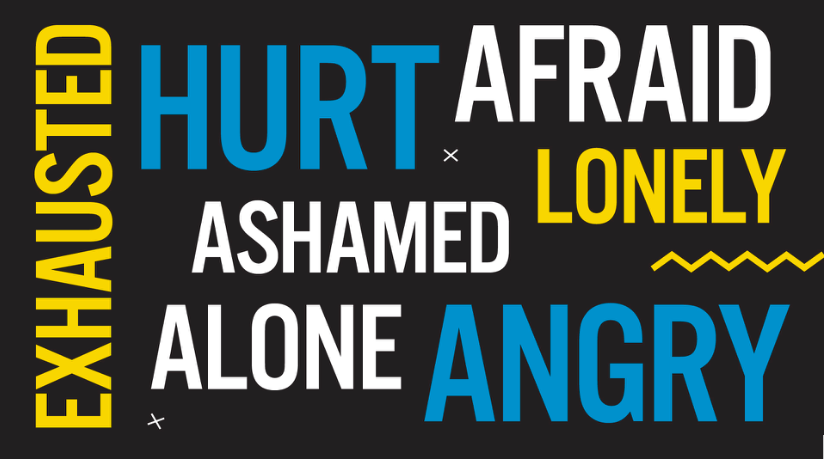Have you ever found yourself in a situation where you were trying to help teens in crisis?
Did you know what to do or what to say?
Without preparing for those moments in advance, it’s easy to fall back on cliches. But oftentimes, cliches are the last thing the student needs in a time of crisis.
We want to give you some dos and don’ts for how to help teens navigate a crisis.
First, let’s talk about what defines a crisis.
Crisis is defined is a time of intense difficulty, trouble, or danger.
This can be any response to trauma in their life, such as a parent’s divorce, the loss of a loved one, witnessing an act of violence, being bullied… the list goes on.
The biggest thing to understand about crisis is this:
The person going through it is the one who determines if it’s a crisis or not.
That being said, a teenager’s definition of crisis might not line up with your definition, but we need to respect their feelings.
Now that we’ve defined what we mean by crisis, let’s talk about how you can best help teens navigate through it.
The most important response is to simply SHOW UP for them.
Just be present. It’s as much about what you say, but about you just being there. Here are three ways to show up:
1. FOCUS ON LISTENING
The most essential quality that we can offer as mentors or small group leaders in crisis is the quality of listening.
How to Listen Well:
- Listen with your heart
What are they feeling? What is the feeling behind the words? More on that in a moment.
- Forget about teaching or saying the “right thing”.
Too often the only reason we let people talk is because we know our turn to talk is coming. Don’t worry about what you need to say. The greatest need of a teen in crisis isn’t your words but your presence.
- Get rid of distractions
External and internal distractions. Electronics, defensiveness, or insecurities. Just be. Don’t worry if you are equipped enough. Your care is your greatest tool.
- Eye Contact and Tone
Your non-verbal communication is key to helping a teen heal and feel safe in crisis.
Listening communicates care. Preparing yourselves for listening is the best prep work you can do. In fact, the better prepared you are, the better you will be able to listen (you won’t have to keep thinking about what you are going to say next.)
2. FOCUS ON FEELING
Ask them how they feel. They may say “I don’t know” or “numb”. To promote conversation, (but not force it), you can use the words in the following image and ask if they feel any of these. When they identify one, simply say, “Tell me more.”

Things NOT to say:
- Clichés like “Heaven has gained another angel” or “Everything happens for a reason.”
- Trying to explain “why” this happened
- “How are you?”
- “How can I help?”
- “You’ll get over this.”
- “At least you have your Mom / Dad / Friend / etc.”
- Avoid saying “Don’t cry”
It’s also important to avoid timelines. Don’t say things like, “You’ll be over this in no time” or “It will be hard for a few months, but after I loss ____, I was a lot better after a year.”
Things TO say:
- I can see that you are sad. I am so sorry.
- I hate that you’re going through this.
- I know this is difficult.
- What is one thing that you are feeling right now? Tell me more.
- For loss, “Tell me a story about this person.”
- We’re going to walk through this together.
- Be careful not to say this unless you really can. If you can’t, find someone who can.
Although there are things to say or not to say, there’s also no “perfect” way to help teens navigate crisis.
It all comes down to being there for them, listening, & showing them you care.
If you or your team would like to discuss this topic further, please don’t hesitate to contact us.

Very helpful, my friends and I are starting a recovery ministry in East Fort Myers and this is a great example of how to speak to those experiencing or facing traumatic situations. I want to thank you for sharing so publicly and hope we can collaborate in the future. Thanks for sharing!